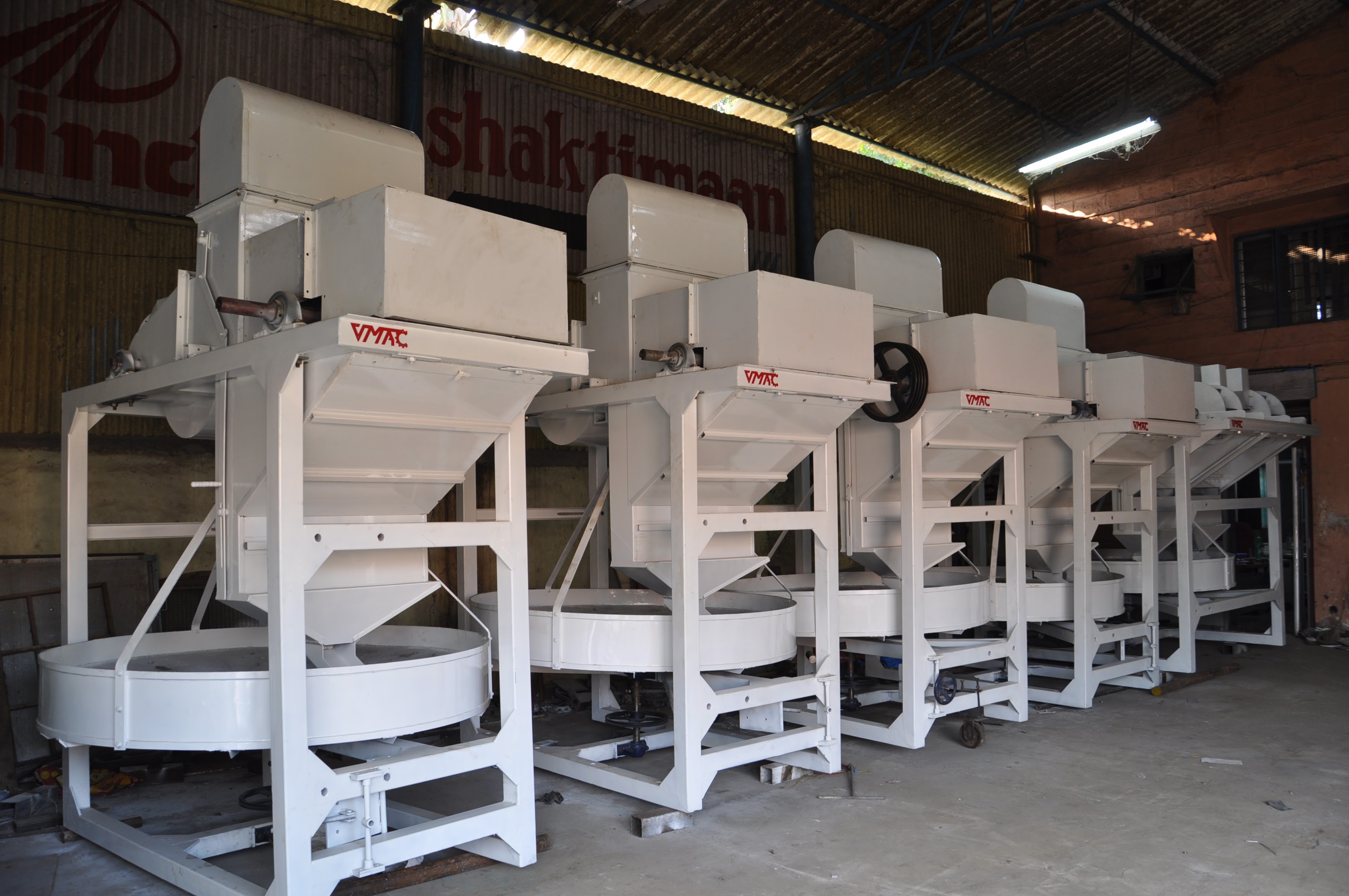
Production
Mastering Coffee Production
At Vmac Industries, we've mastered the balance between traditional craftsmanship and modern technology.
Explore how emerging consumer demands in the specialty coffee market are reshaping roastery operations and discover the equipment and strategies that help you stay ahead.
The specialty coffee sector is more dynamic than ever, driven by enthusiasts seeking quality, variety, and transparency in their beans and brewing methods. Adapting your roastery to these evolving specialty coffee trends can open lucrative markets and strengthen your brand’s reputation. This article delves into the core adjustments you can make—from upgrading equipment to refining sourcing and processing strategies—to position your roastery for success in a landscape that rewards innovation and craftsmanship.
Specialty coffee buyers aren’t just seeking a caffeine fix. They look for distinctive flavor profiles, ethical sourcing, and consistent quality. Catering to these demands often requires:
Precise Roasting Control
Subtle changes in time and temperature highlight unique bean characteristics.
Quality Assurance
Every batch must meet a higher standard, since defects or inconsistencies can undermine specialty status.
Transparency
Demonstrating clear traceability—from farm to cup—reassures consumers of ethical sourcing and careful handling.
Successfully transitioning to (or expanding within) specialty coffee often means rethinking your roastery layout, equipment choices, and even your approach to bean sourcing and brand storytelling.
Computer-Controlled Systems
Advanced roasters allow you to store and replicate specific roast curves, ensuring each batch highlights the bean’s origin and processing method.
Data Logging
Real-time temperature and airflow data let roasters fine-tune variables to achieve consistent, repeatable results—crucial for single-origin beans.
Small-Batch Testing
Specialty roasters often handle limited-edition or experimental beans in micro-lots. A sample roaster helps you test roast profiles on tiny quantities, preserving valuable stock.
Quality Assurance
Spot-checking beans before committing to full production prevents wasted resources and maintains brand integrity.
When dealing with micro-lots or high-value specialty beans, maintaining quality at every stage is paramount:
Sample Huller
Efficiently processes small quantities for cupping sessions, ensuring minimal wastage and maximum control.
Coffee Grader
Verifies bean size and quality, helping you segregate premium lots for single-origin or reserve lines.
Purity and Precision
Specialty coffee drinkers expect zero foreign materials and uniform density.
Improved Cup Consistency
Removing underweight or defective beans fosters a more harmonious flavor profile, reflecting the bean’s intrinsic qualities.
Farmer Relationships
Building direct trade links supports farmers, assures consistent bean supply, and provides a compelling narrative for marketing.
Traceability
Consumers increasingly seek details such as farm location, elevation, processing method, and sustainability practices. Documenting and sharing this information adds value to your offerings.
Experimentation
Offer a rotating selection of less common coffee varietals—like Gesha or Pacamara—to intrigue specialty buyers looking for new taste experiences.
Estate Coffees
Single-estate or single-lot coffees emphasize unique terroir and cater to connoisseurs willing to pay a premium.
Lighter Roasts
Highlight a bean’s acidity, fruitiness, or floral notes; common in African or high-altitude coffees.
Moderate Roasts
Unveil sweetness and balanced complexity; often preferred for Latin American beans.
Micro-Lot Specific
Some lots may merit experimental roast curves, coaxing out rare aromatics or textures.
Regular Tasting Sessions
Include diverse team members—roasters, Q-graders, marketing staff—to gather well-rounded feedback.
Document Findings
Maintain digital logs or cupping sheets detailing roast settings, flavor descriptors, and improvement ideas.
Separate Storage
Reserve silo space or specialty bins for high-end beans, preventing cross-contamination.
Batch-Roasting Islands
Small-scale roasters or sample roasters can sit apart from main production lines for flexibility and control.
Invest in a dedicated cupping and calibration lab where staff can test roast curves, measure moisture content, and carry out sensory evaluations without disrupting the main facility flow.
Many roasteries now let customers track the journey of a bean from the farm to the roastery. This builds trust and enhances brand loyalty.
QR Codes
Packaging can include scannable codes linking to information on origin, roast details, and tasting notes.
Social Media Showcases
Sharing behind-the-scenes content on specialized roasters, cuppings, and farmer partnerships resonates with coffee aficionados.
Monthly or quarterly specialty bean subscriptions can cultivate recurring revenue and allow your roastery to highlight experimental micro-lots or seasonal harvests.
A roastery specializing in Latin American coffees decided to pivot toward the specialty segment. They added sample hullers, integrated a small-batch roaster, and implemented a direct-trade relationship with a Colombian farm at high altitude. Within six months:
Single-Origin Sales rose by 40%, driven by consumer desire for distinct flavor profiles.
Brand Visibility improved, with local cafés featuring their rotating micro-lot releases.
Team Expertise grew as roasters honed new roast curves and staff learned advanced cupping practices.
The move translated into higher margins and recognition on the local specialty circuit—reinforcing the value of adapting to specialty coffee trends.
Adapting your roastery for specialty coffee demands precise equipment, thoughtful sourcing, and flexible processes that cater to a discerning clientele. From micro-lot sample roasters to advanced quality-control practices, each element aims to highlight the bean’s unique story and flavor potential. Investing in the right machinery, refining your workflow, and nurturing transparent relationships with farmers not only enriches your offerings but also solidifies your position in a market that values authenticity and excellence.
Lastest blog posts